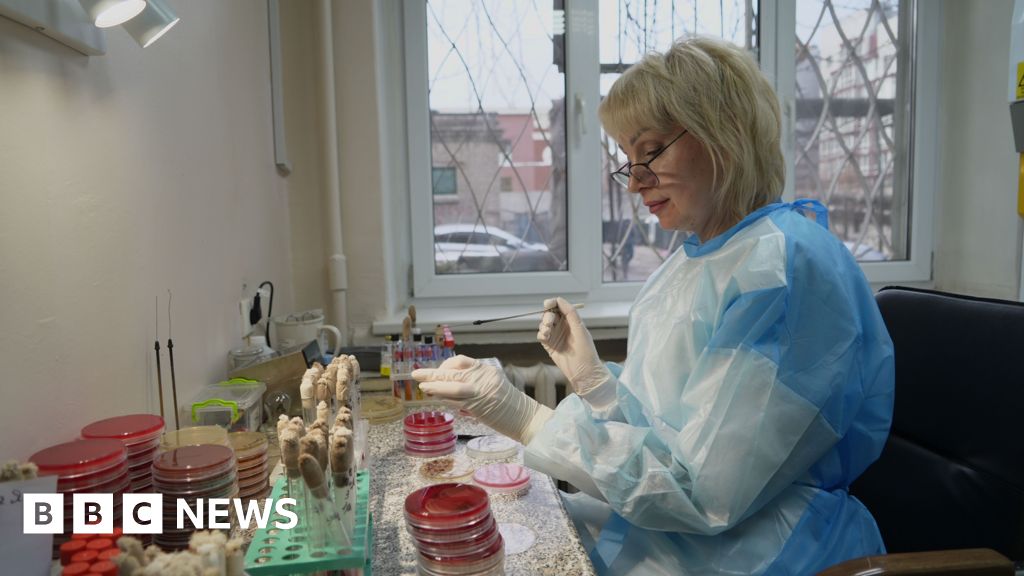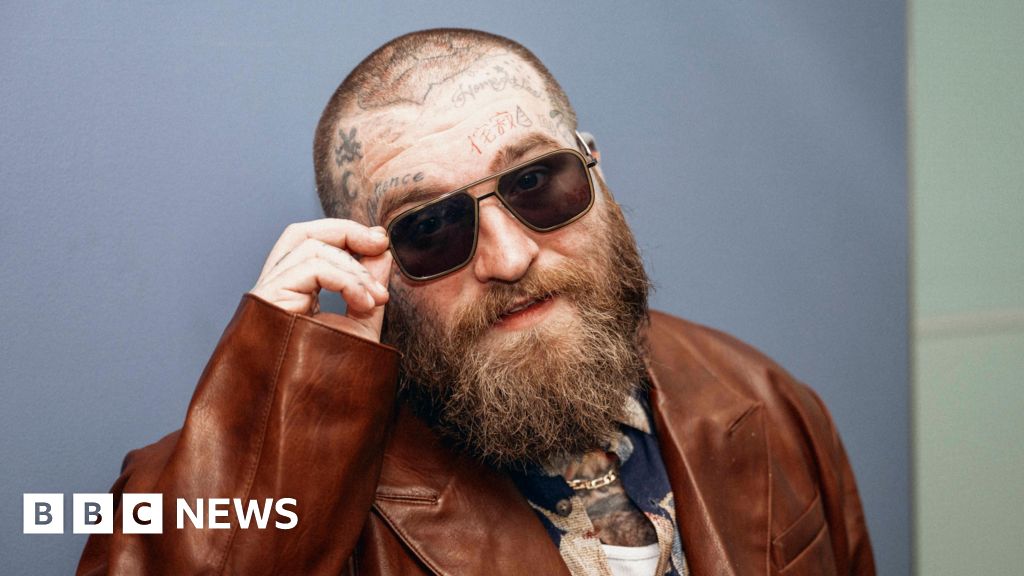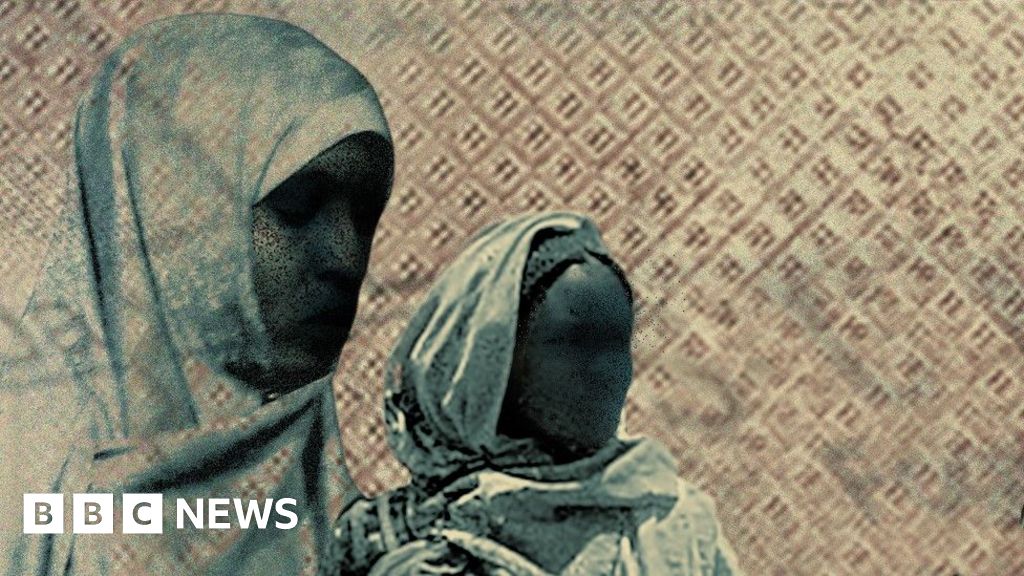ARTICLE AD BOX
By Frances Mao
BBC News
Image source, AFP
Image caption,In recent months North Korean health workers have been spraying disinfectant in public places
North Korea has ordered a strict national lockdown after confirming its first official Covid infections.
State media have reported an Omicron outbreak in the capital Pyongyang but did not state the number of cases.
KCNA said it was "the biggest emergency incident" that breached the country's "quarantine front", and that leader Kim Jong-un was in emergency talks to prepare the nation's response.
But observers believe the virus has long been present in the country.
Outsiders say the nation's 25 million population is vulnerable as North Korea has declined to administer a Covid-19 vaccine programme, even rejecting offers from the international community to supply millions of AstraZeneca and Chinese-made Sinovac jabs last year.
There have also been concerns about North Korea's impoverished healthcare system.
North Korea's main way of combating Covid has been to seal its foreign borders - it was one of the first countries to do so in January 2020.
But this has also stopped essential supplies from entering the country, which has led to food shortages and a cratering economy.
'Maximum emergency'
On Thursday KCNA said Mr Kim had ordered "maximum emergency" virus controls, which appeared to include orders for localised lockdowns and gathering restrictions in workplaces.
The North Korean news outlet added that the first case of the Omicron variant had been reportedly detected in the capital four days ago.
Residents in some areas of Pyongyang had been subjected to lockdown for at least two days prior to the latest announcement, according to NK News, a Seoul-based monitoring site.
South Korea's government said it has renewed its offer of humanitarian assistance to the North in response to the news of the outbreak. Pyongyang has yet to respond.
For more than two years North Korea has, rather dubiously, claimed not to have a single case of Covid-19. So why now admit to it now?
Most likely it is because this outbreak is too serious and too difficult to hide.
North Korea has been consistent in its public commitment to fighting the virus. This is how it has justified closing its borders for so long. Now that Omicron has entered the country, the challenge is to limit its spread.
With no vaccines, poor healthcare, and a limited capacity to test people, North Korea's options are very limited right now.
Authorities have clearly decided they have no choice but to put the country into lockdown. In order to do this, they simply have to tell people, and the rest of the world.
It does not necessarily mean they will be any more willing to accept outside help.
Analysts say Pyongyang's disclosure of the Covid cases at this time is significant, and could hamper the state's nuclear ambitions which have been on show this year.
North Korea has claimed to have conducted over a dozen banned missile tests, including one of an intercontinental ballistic missile, a weapon it hadn't tested in over four years.
Yang Moo-jin, a professor at the University of North Korean Studies, told AFP that North Korea may shelve plans of a nuclear test to focus on battling the outbreak, though if public fears escalated Mr Kim may go ahead with a test "to divert this fear to another place".
But Leif-Eric Easley, a professor at Ewha University said that North Koreans "may be less interested in nuclear or missile tests when the urgent threat involves coronavirus rather than a foreign military".
He added that he believed Pyongyang would "likely double down" on its lockdowns given that it was entering a "period of uncertainty in managing its domestic challenges and international isolation".
Despite North Korea's previous claims that it had "shining success" in keeping out Covid, there have been signs throughout the pandemic of the virus' potential presence in the country.
In June last year state media reported that Mr Kim had punished officials over a "grave incident" related to Covid, but did not specify details.
Then in September, the state held a military parade featuring lines of soldiers wearing hazmat suits and masks, which some analysts saw as a sign that a special force was created to help prevent the spread of Covid.
North Korea's neighbours South Korea and China have also battled outbreaks, with China now struggling to contain an Omicron wave with lockdowns in its biggest cities.
You might also be interested in:
A defector tells the BBC about TV choices in North Korea.

 2 years ago
80
2 years ago
80








 English (US) ·
English (US) ·